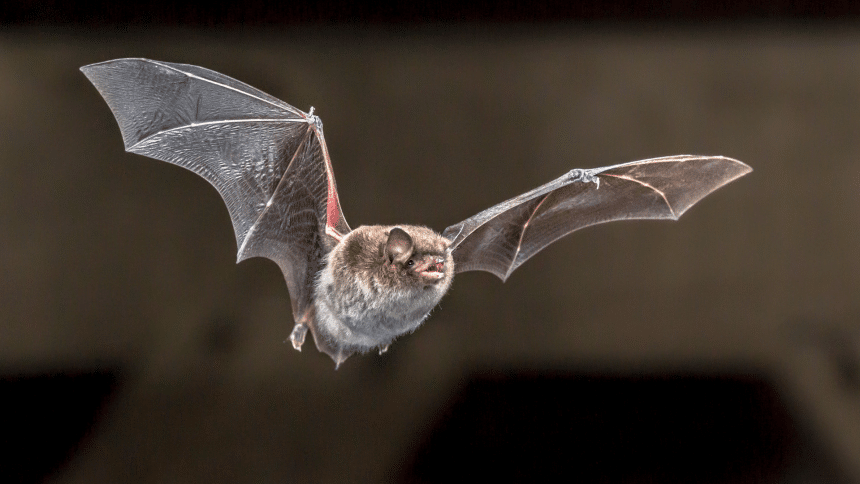State health officials have confirmed that a bat has tested positive for rabies in north Mississippi.
The Mississippi Board of Animal Health (MBAH) was notified of the case by the state Department of Health (MSDH). Two dogs that were potentially exposed to the bat have been quarantined in line with state regulation.
According to an MBAH release, there have been just two cases of rabies in Mississippi since 1961, though that does not include oft-infected bats who are known to carry the virus. Rabies is transmitted through the bite of an infected animal or through the contamination of fresh wound with saliva from an infected animal.
The last two cases, according to officials, were a 10-year-old child that died from the virus in 2005, and a feral cat that tested positive for rabies in 2015. In both cases, the virus was contracted from an infected bat.
While rabies cases are extremely rare due to the success of vaccinations, officials are still encouraging Mississippians to take precaution to protect themselves and their animals from rabies. You can lower risk of exposure and contraction by doing the following:
- Do not handle live or dead stray animals and avoid contact with wild animals that can carry the rabies virus such as raccoons, bats, skunks, foxes, and coyotes. If you see an animal acting stragely, contact your local Animal Control officials.
- If you find a sick or dead bat in your home, contact MSDH at (601)576-7400 to see if that bat should be tested for rabies.
- Vaccinate pets against rabies: Dogs, cats, and ferrets should be vaccinated against rabies at 3 months of age, one year later, and every three years thereafter (using a vaccine approved with 3-year immunity), as required by state law. This vaccination must be administered under the supervision of licensed veterinarian.
- If you are bitten by a potential rabid animal, please contact your healthcare provider. Post exposure prophylaxis treatment is highly effective at preventing rabies in humans.
“Rabies vaccinations are very effective in protecting people and pets from this deadly virus,” Jim Watson, state veterinarian, said. “It is key these vaccinations stay up-to-date and for pet owners to follow the rabies vaccination schedule required by law.”
For more information on rabies, visit the MBAH website.








